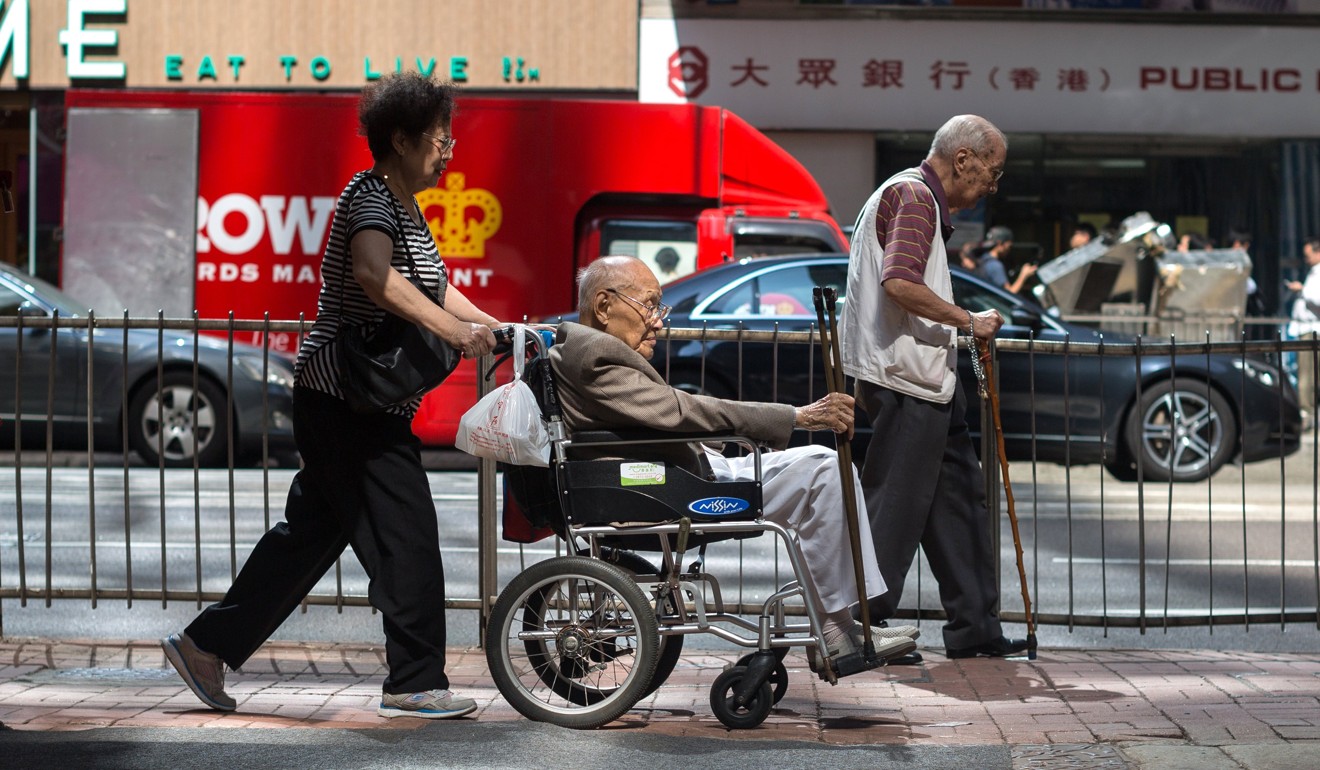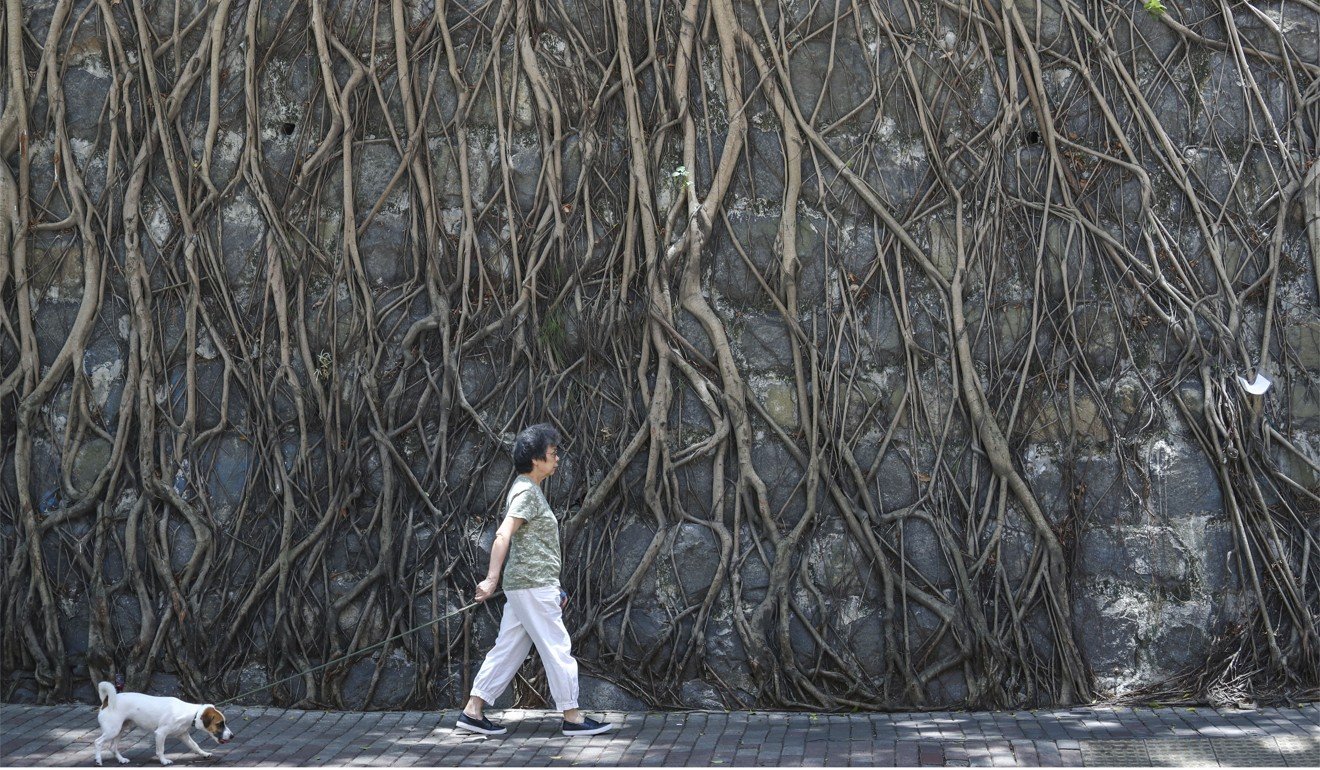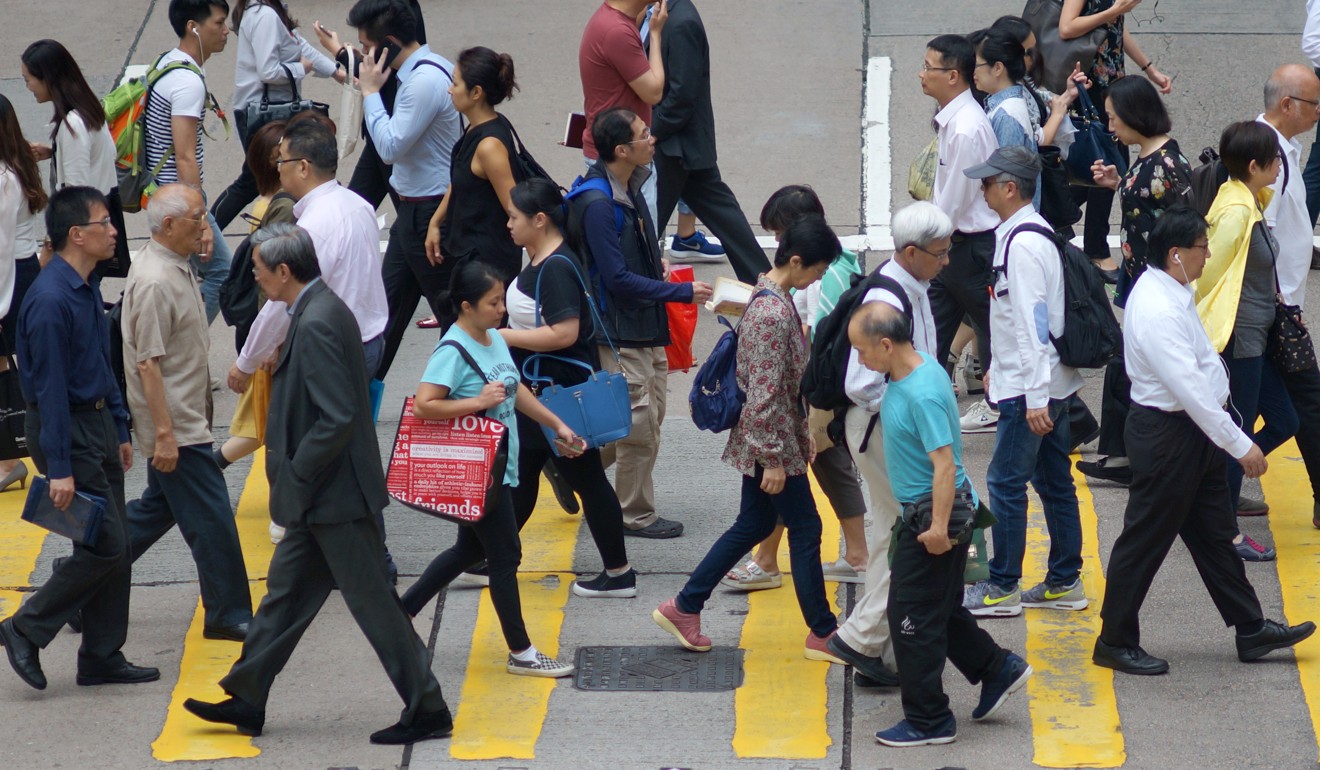
Hongkongers live longer than any people on Earth, but what use is it when our elderly care is a disgrace?
Luisa Tam says the heartbreaking poverty experienced by many elderly residents bodes ill for the challenges Hong Kong society will face as life expectancy edges towards 100
For millennia, humans have been trying to defeat death, and some might say we are winning the battle. Through advances in medical care it has become easier to live longer and healthier lives.
But while living to 100 may become commonplace in the near future, questions abound about how prepared we are for such longevity.
Hongkongers already enjoy the longest life expectancy in the world – 81.7 years for males and 87.7 for females – according to government data released last year. The figure for both sexes has been steadily climbing for nearly five decades. In 1971, it was just 67.8 for men and 75.3 for women.
By 2066, the city’s men will live 87.1 years and women 93.1, projections say. At this rate it won’t be long before life expectancy hits the 100-year mark.

Unfortunately, not many governments are ready for this phenomenon. Populations in countries the world over are fast ageing, and many lack effective policies to adapt to the impending social and economic upheavals.
Japan, which has one of the highest life expectancies, is a good case in point. With more than a quarter of its citizens aged 65 or above, it has the oldest population in the world.
Japanese are still top three for life expectancy – but Hongkongers are top
The country has witnessed an unexpected phenomenon whereby elderly people have been purposely committing petty crimes to secure a spot in prison. Some see jail as a better alternative to living alone with no money and no one to care for them.
According to news reports, the number of crimes committed by the elderly in Japan has quadrupled in the last two decades. About one in every five inmates is a senior citizen, while in some female prisons that number is as high as nine in 10.

For the old and poor, prison is sometimes a better option than a home no bigger than a coffin that costs an arm and a leg.
According to a survey by the Hong Kong Christian Service, almost half of the city’s elderly residents are dissatisfied with their pensions and the lack of good, affordable care homes.
Hong Kong women and men enjoy world’s longest life expectancy due to low smoking rates, health experts claim
Government statistics released in March show the number of elderly households – defined as elderly couples or those living alone – had exceeded 300,000, up from 180,000 a decade ago.
And it’s not hard to understand why the government’s abysmal HK$1,345 (US$170) per month in old age allowance is colloquially known as “fruit money”. It is named so because it is such a trivial amount.

As one of the richest cities in the world, Hong Kong should be ashamed of its third-world elderly care. It is heartbreaking to see elderly people having to pick up cardboard boxes and other scraps from the street just to earn a few dollars to feed themselves. No wonder then that the city was ranked home to the third poorest elderly population out of 97 countries in a global quality of life index in 2015.
We need to bring our elderly care policies up to the standard befitting our status as an international financial centre, and we must devise policy targets to improve the lot of our poor seniors.
Hongkongers top life expectancy rankings worldwide for second year in a row
The mantra should be one of healthy and holistic ageing. That means developing and maintaining policies that optimise the mental, physical, and social well-being of our elderly population and empower them to be functional so they can continue to contribute to society for as long as possible.
Hongkongers may have the longest lives in the world, but what use is that when the elderly are unable to enjoy old age with dignity, grace and independence?
And if we neglect our elderly population now, there is no telling how dire the situation will be for the next generation. Let’s do the right thing by our seniors. After all, it will soon be the rest of us in need of the same understanding.
Luisa Tam is a senior editor at the Post

